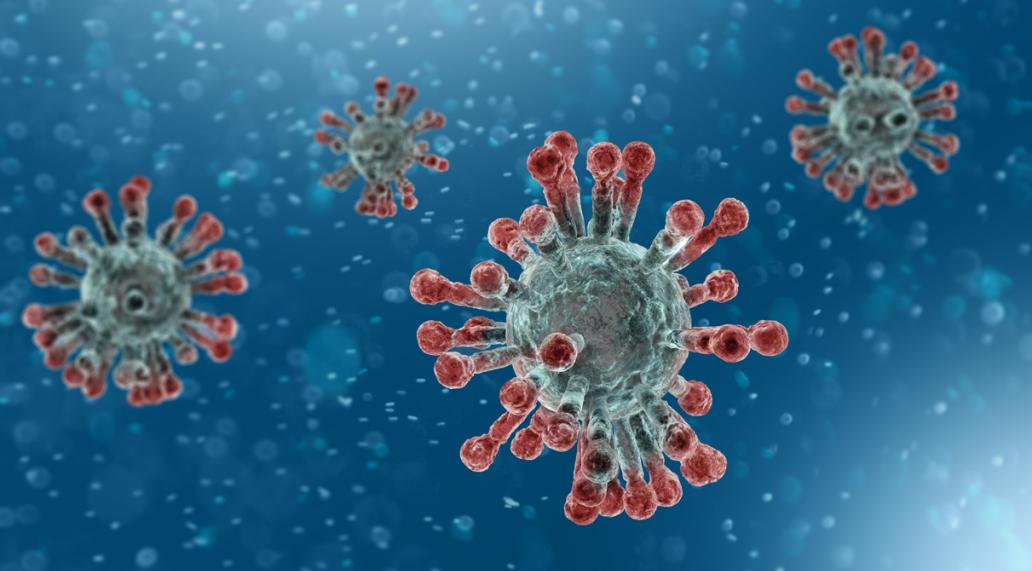
The current coronavirus pandemic in Germany and Europe is currently very present in the media and leaves its mark on our (work and everyday) lives.
We closely monitor the impact of the COVID-19 outbreak as well as the official guidelines from the relevant health and regulatory authorities. Equipped with professional expertise, we respond calmly and prudently. We are here to assist you as usual with advice and support.
The topic Care (consultation) is severely hampered due to the pandemic. Currently, there are hardly any providers who can start or take over care, or the facilities are closed or isolated (inpatient care, day inpatient care like day care centers). But even less regulated services, such as care in home communities (so-called 24-hour care), mostly provided by Eastern European women, are severely hampered.
Also the MDK is currently conducting assessments by phone or based on records, we continue to assist you as before.
But don't panic – We will continue to work with you to find a viable solution, at least for the time after the pandemic. Contact us!
famPLUS Tip
In social media, a wave of solidarity is forming in the meantime. There are countless local groups and individual helpers. Under the hashtag #CoronaCare, you can ask for help or offer support. This is living neighborhood assistance.
However, in "real life," people also come together to create supply structures outside of strict governmental and bureaucratic frameworks—often voluntarily and without pay, or with the help of the Preventive care if a level of care is present.
Unfortunately, despite initiatives and petitions from caring and caregiving relatives (which we at famPLUS have always supported), the legislator has not managed to make the relief amount — which is due to those affected with a care level — flexible to use. Therefore, assistance must either be voluntary or paid for.
But we at famPLUS We will be happy to take care of it and try to have your relatives taken care of, should you be isolated due to quarantine regulations or simply unable to be with your loved ones due to distance, even in this difficult situation. Through our large nationwide network, we will do everything to support you.
Currently, restaurants, butcheries, and supermarkets are increasingly offering delivery services. Volunteer helpers obtain prescriptions from general practitioners and inquire at pharmacies to get medication for those in isolation – this is a societal development we can be proud of!
What is the coronavirus
What do "Sars-CoV-2" and "COVID-19" actually mean, and how can I protect myself and others?
Sars-CoV-2 is the official designation for the new virus that can cause a severe lung disease (called Covid-19). The pathogen, initially called 2019-nCoV, first appeared in China and belongs to the coronaviruses.
The Robert Koch Institute (RKI) raised the risk assessment for the health of the population to a "very dynamic and serious situation" globally and in Germany on March 11, 2020. The situation must be reassessed daily due to the dynamics of the spread.
According to initial studies, the highest risk of severe disease progression and death is faced by people over 60 years of age and those with underlying conditions, such as cardiovascular diseases, diabetes, respiratory system disorders, liver and kidney diseases, as well as cancer.
The coronavirus causes a flu-like illness, with symptoms that are rather unspecific: cough, runny nose, scratchy throat, and fever; some affected individuals also suffer from diarrhea. In some patients, the virus can lead to breathing problems and pneumonia. There is currently no specific therapy for treating the illness. However, the symptoms can be alleviated with medication. A vaccine might be available in the fall.
The new coronavirus can be transmitted from person to person. The main transmission route is droplet infection, meaning inhaling pathogens that an infected person disperses, for example, when coughing. Transmission is also possible through hands, as with the flu.
According to the RKI, there were cases where individuals were infected by people who themselves only exhibited mild or nonspecific symptoms. Additionally, people can apparently be contagious during the incubation period, which can last up to 14 days.
The Robert Koch Institute recommends that people who show symptoms and have previously been in an area where Covid-19 cases occurred should call a doctor. It is recommended to contact the medical on-call service at the phone number 116 117. In cases where an infection with the new coronavirus is suspected, the doctor will isolate the patient.
Anyone who has had contact with someone proven to be infected should call the responsible health department. The Federal Ministry of Health has set up a coronavirus hotline. The phone number is (030) 34 64 65 100. The Federal Center for Health Education (BZgA) answers questions about the novel coronavirus on the internet.
Not everyone who has caught a cold or feels ill can be tested for the novel coronavirus. The tests are expensive, and the possibilities are limited. The Robert Koch Institute (RKI) recommends testing for the coronavirus in patients with cold symptoms who had contact with a confirmed Covid-19 case within 14 days before the onset of illness, or who have stayed in one of the risk areas defined by the RKI. In both cases, one is considered a suspected coronavirus case.
When caring for the sick, medical personnel protect themselves with disposable gowns, gloves, and special face masks. Panic buying of face masks (only specific masks offer protection) and disinfectants (not all disinfectants are effective) endangers the situation in hospitals, outpatient care services, and nursing homes where there is already a shortage in many places. The fact that theft of disinfectants from hospitals and doctors' offices is unacceptable must not go unmentioned, despite possibly justified fear.
Currently, the authorities' guidelines are constantly changing, so reference is made here to the latest announcements on which measures are currently being taken. Adhere to the applicable regulations and protect your surroundings. Up-to-date information on the coronavirus: https://www.bundesgesundheitsministerium.de/coronavirus.html
How do I protect myself and my loved ones?
- Wash hands and keep away from the face
The hands should be carefully cleaned with warm water and soap for about 30 seconds, including between the fingers. Additionally, touching the face and touching the eyes, nose, and mouth with hands should be avoided.
- Maintain cough and sneeze etiquette
One should sneeze or cough into the crook of the arm. Keep a distance from people around you when coughing and sneezing. Used tissues should be disposed of immediately, and hands should be thoroughly cleaned afterward.
- Massively reduce social contacts
There are daily clear guidelines here that need to be followed.
We ask all of you: Follow the respective country regulations and stay at home. Avoid crowds and help people around you who cannot help themselves, without putting yourself in danger.

famPLUS - Together for your personal PLUS!


